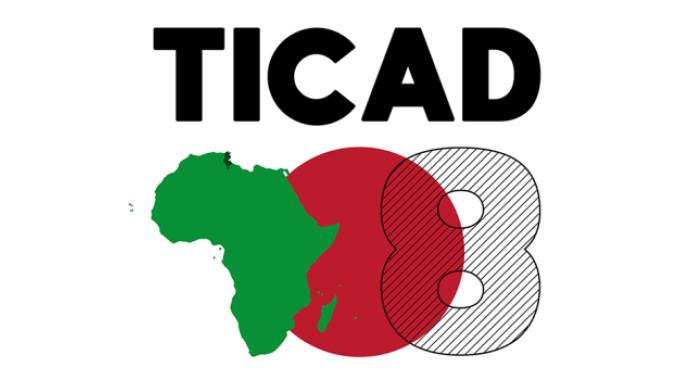TICAD is a summit-level international conference on Africa’s development initiated by Japan. This year’s side event was centered on a joint study by JICA and ACET titled “Transforming and Building Resilient Economies in Africa: Resetting Priorities for the Policy Agenda in the Post-Covid-19 Era.” Ohno Izumi, senior research advisor at JICA Ogata Sadako Research Institute for Peace and Development (JICA Ogata Research Institute), participated as a panelist in Session Two.
Partners
- Japan International Cooperation Agency (JICA)
Tokyo , Japan
Joseph Stiglitz participated in session one, Structural Transformation for Sustainable Growth, with Roberto J. Tibana who is the director of research, at ACET. Professor Stiglitz gave his reaction to Tibana’s presentation where he praised the report for emphasizing that sustainable growth requires structural transformation. Additionally, he highlighted some megatrends that have to be taken into account in Africa’s transformation: climate change, demographics, urbanization, a global decline in employment in manufacturing, a “new Cold War,” the end of neoliberalism, and a new emphasis on industrial policy. Given the decline of manufacturing and Africa’s population growth, the continent must focus on the service sector and “employment-generating innovation,” he added. Finally, he gave three pieces of advice to Africa: Be wary of excessive debt, work to revise intellectual property (which impeded Africa’s access to COVID-19 vaccines) and choose democratic development partner countries, which are more “likely to lead to broader-based, more people-oriented development.”
